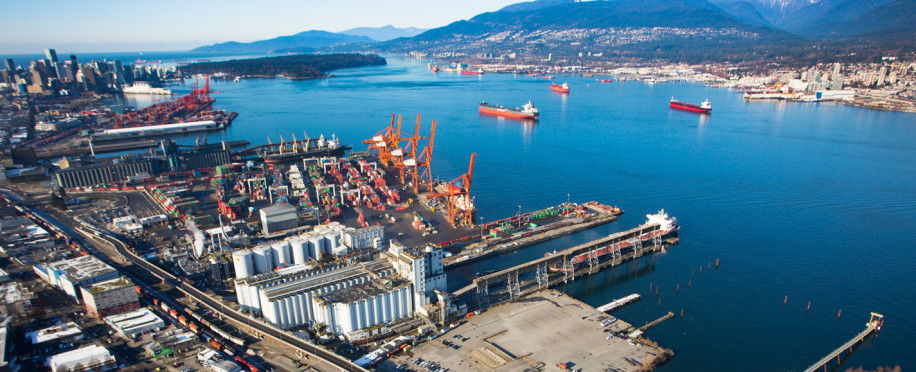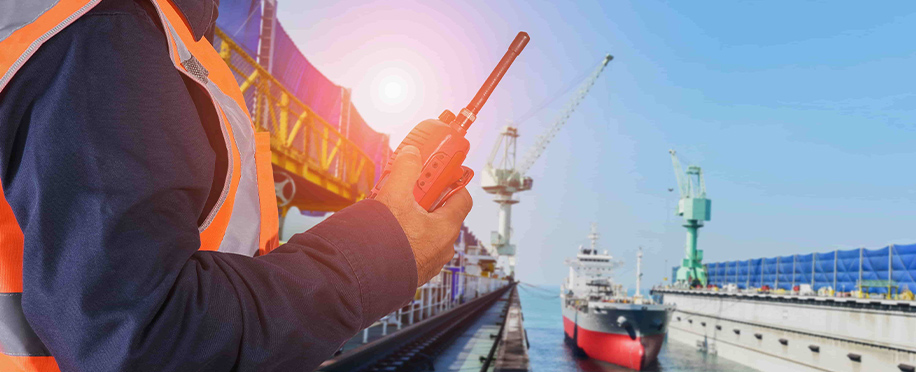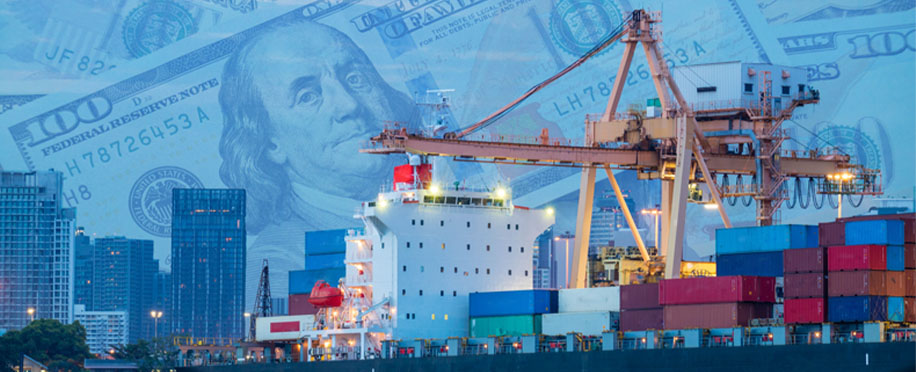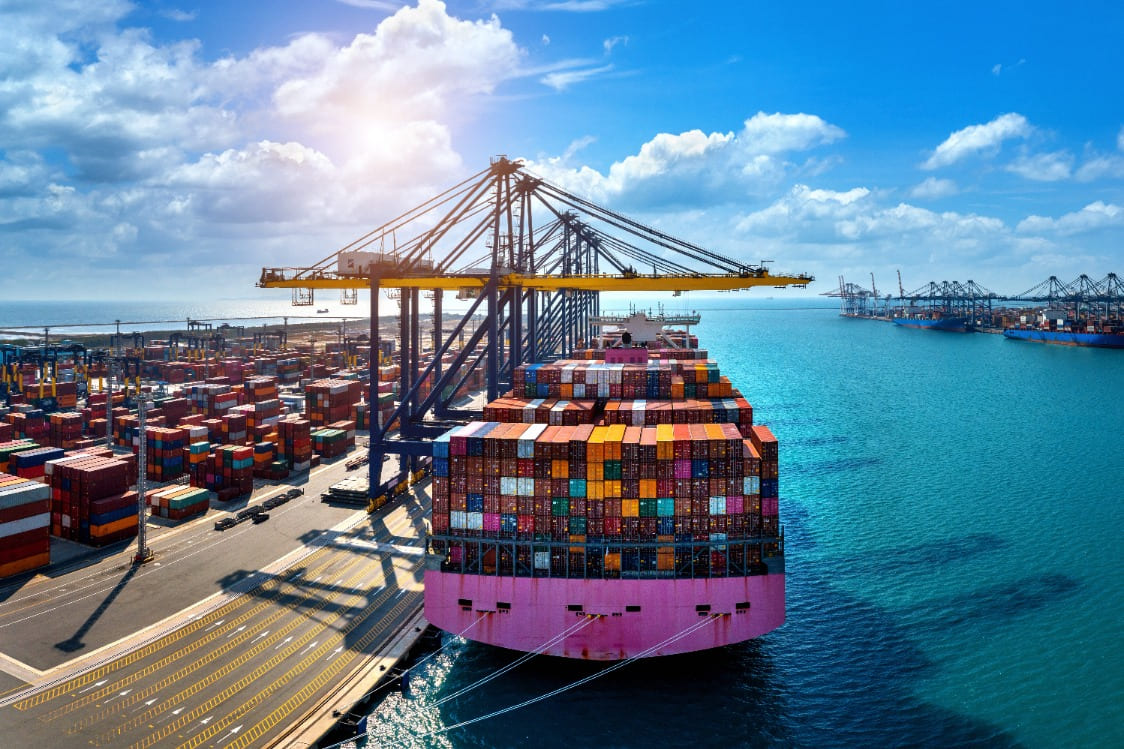Blue Economy: Harnessing Ocean Resources for Sustainable Development

Posted on Nov 29, 2023 at 07:11 AM
Many treasures remain unexplored in the vastness of the world’s oceans. Past the turquoise waves and below, a planet of possibilities holds our tomorrow. This is what we call the Blue Economy, a concept which envisions utilising the vast potential of the sea’s natural resources sustainably.
What is a blue economy strategy?
The world agrees that the ocean's health needs to be improved, but at the same time, seas form a significant part of our maritime industry. How can we make the best out of the ocean while maintaining environmental stewardship? That's what a blue economy strategy is.
A blue economy strategy is a policy framework adopted by a government, regional or local bodies, countries, and national organisations to promote sustainable use of ocean resources for economic growth, like providing opportunities for new jobs. It encompasses coordinating activities in oceans, coastal areas, and marine systems while considering and striking a balance between the social, environmental, and economic goals.
What is the blue economy vs green?
Although “blue economy” may be an unfamiliar term, it embraces the principle of green economy. Simply put, the green economy prioritises conservation and sustainability practices for protecting the environment. It seeks to reduce carbon, push for renewables and encourage green living. The green economy includes efforts to obtain our current needs without interfering with the next generation's ability to satisfy them.
The blue economy is described as all sorts of economic activities that exploit marine resources together with the conservation aspect. This approach promotes sustainable use of our oceans coasts and preserving the livelihoods of marine ecosystems. The blue economy covers various sectors that depend on the vast oceans we have around us, including fisheries and aquaculture, renewable energy generation, and maritime transport.
What are the goals of the blue economy?
Blue economy aims to support the production of sustainable goods and services through a wide range of innovative solutions that can drive economic development, create jobs and improve living standards while preserving the global marine ecosystem, but what exactly are those established goals? Here are a few:

Sustainable Economic Growth
A key objective of the blue economy is to develop sustainable and driving economic growth. This is meant to use ocean resources to create jobs, boost incomes, and stimulate fisheries, aquaculture, tourism, renewable energy, and biotechnology businesses.
Social Well-being
Blue economy promotes equitable distribution of benefits, as the well-being and livelihood of communities deriving their income from ocean-based activities is enhanced through inclusion. It seeks to empower coastal and island communities, protect cultural rights, and provide access to education, health care, etc.
Conservation and Responsible Use of Resources
Sustainable utilisation, management and conservation are the primary objectives of the blue economy. It intends to hinder overharvesting, unlawful fishing, and the exploitation of resources and develop appropriate practices in fisheries, marine spatial management, pollution control, and sea biodiversity.
Climate Change Resilience
Blue economy encourages improving the resilience of coastal communities and ecosystems towards the growing impacts of climate change. It addresses rising sea levels, emerging ocean acidification, and other severe weather scenarios.
Integration with Sustainable Development Goals (SDGs)
Blue economy is in line with the UN’s Sustainable Development Goal number 14 – Life Below Water, which aims to achieve sustainable development using ocean resources. In this regard, such initiatives can look beyond each SDG and see how they relate.
How can you be a part of the blue economy?
Blue economy is the representation of innovation; it allows people to take the initiative and start building healthy strategies in their shipping industries. Supporting ecologically sustainable technologies, investing in clean energy, and creating a global market for natural resources.. etc.
How can you be a part of it, though? Here are some perspectives:
-
Invest today: You can do many things to bring your company closer to the sustainable vision today, but you have to be committed: start a new sustainable project, create sustainable operations or invest in a new transport model.
-
Get everyone involved: talk to your stakeholders and investors about how you can get the blue economy integrated into your work operations.
-
Create partnerships with socially aware organisations: Working together is at the centre of the blue economy; focus on creating conversations that matter and start talking about them whenever possible.
-
Learn and study more: It's hard to go on this journey alone, but something like maritime training courses in Rotterdam can support your transformation, as learning remains the pillar of positive change. Take this opportunity to learn more and get more knowledgeable.
The blue economy is about doing what's best for the ocean so the ocean would give its best back. It's a smart move, but it requires everyone's effort, so get in line and start powering the blue economy move today.



